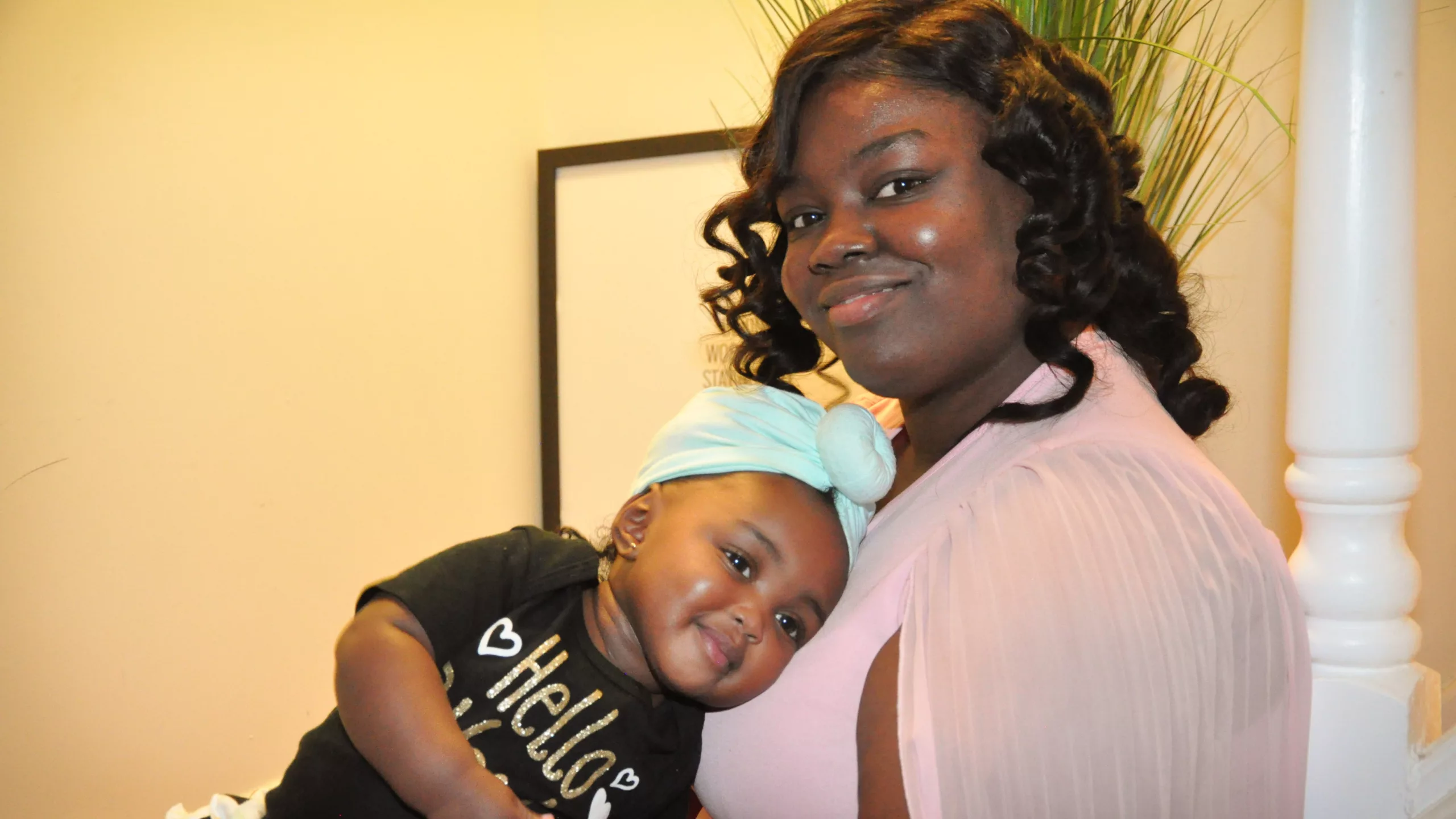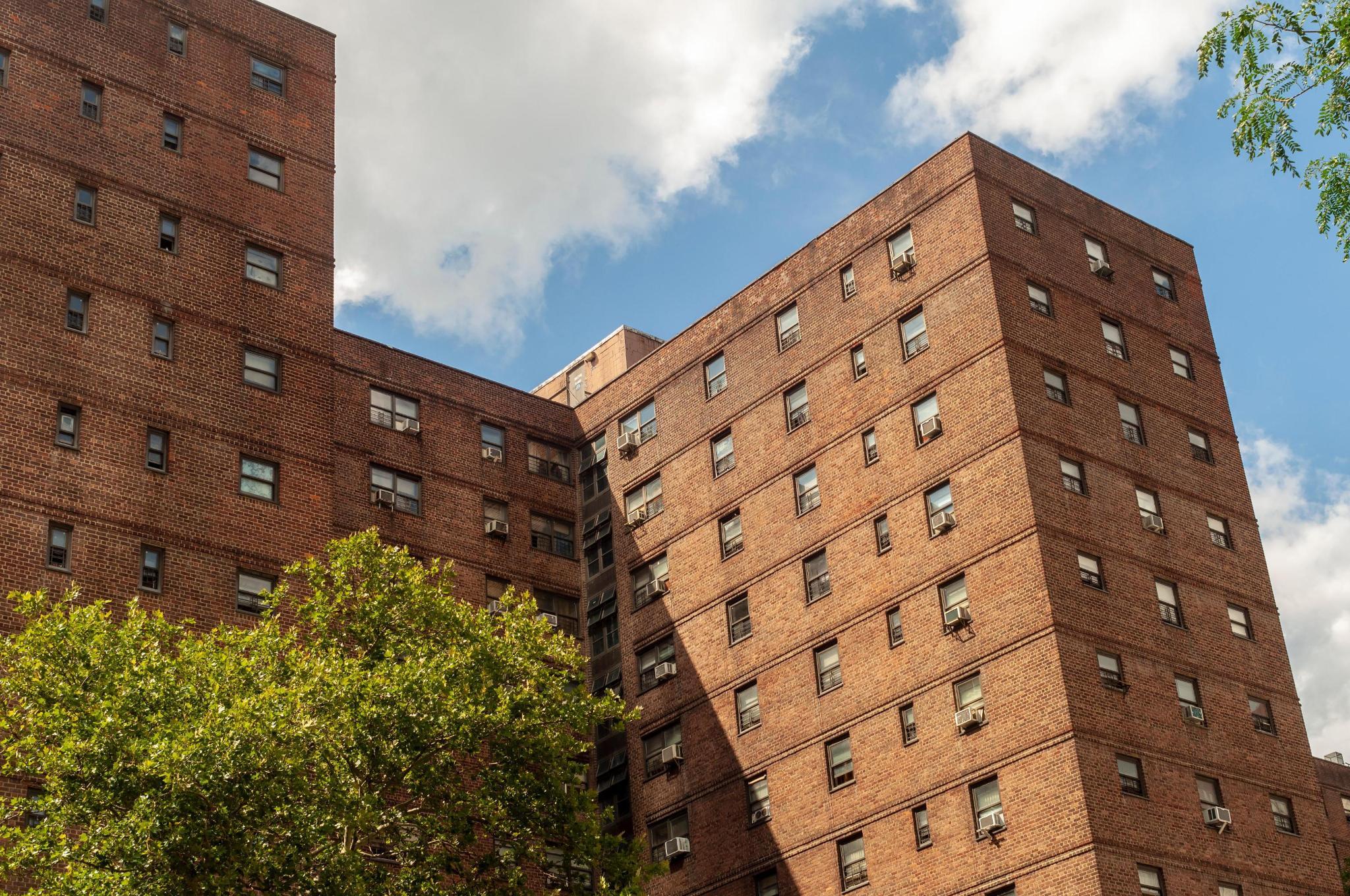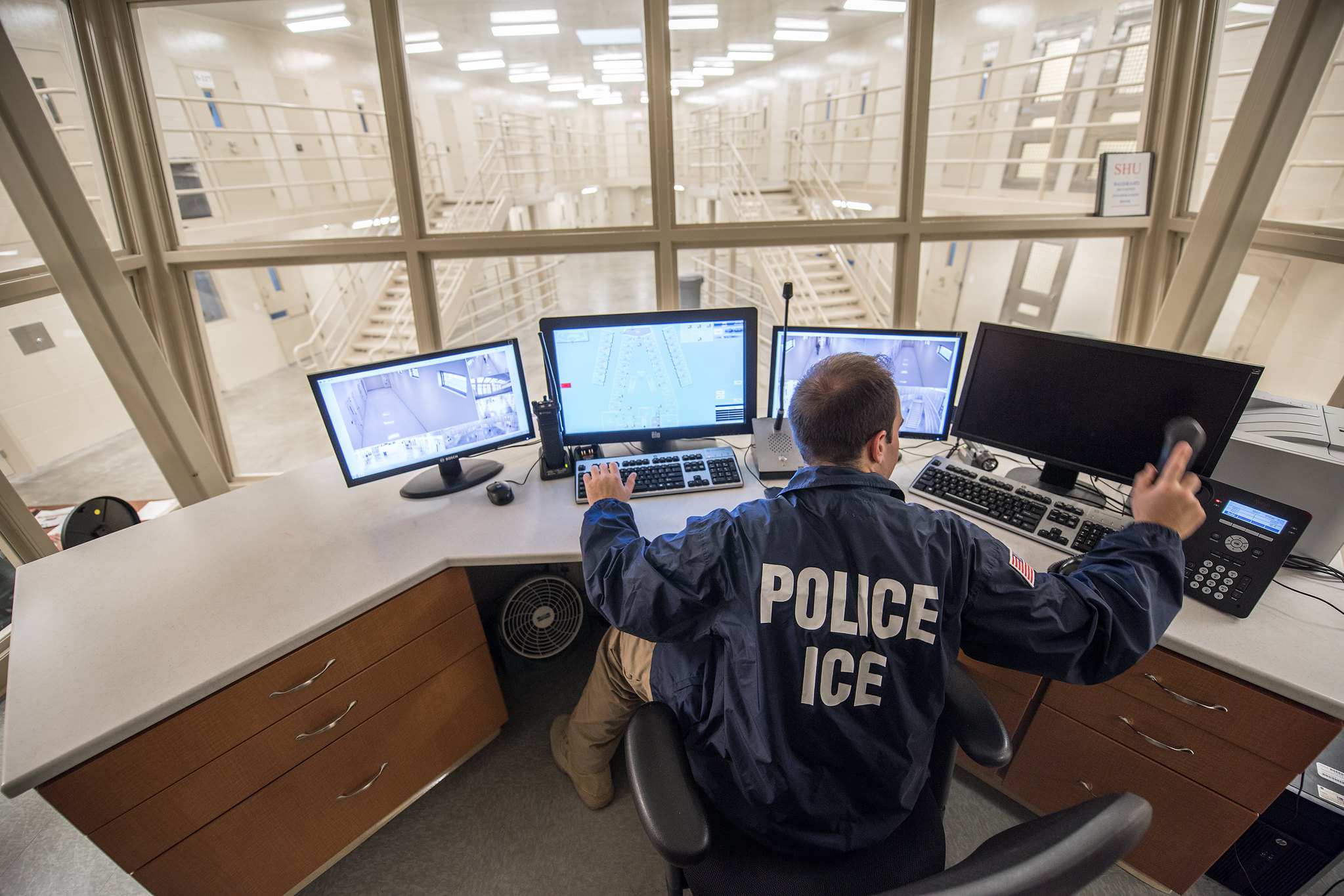In March of 2020, Charline Ogbeni was in the delivery room at Katz Women’s Hospital at Long Island Jewish Medical Center, ready to give birth, yet feeling ignored and neglected by doctors. That feeling, she remembers, was only amplified following her daughter’s birth.
Her daughter required immediate transfer to the Neonatal Intensive Care Unit due to a cardiac issue discovered after her cesarean delivery. Doctors briefly showed Ogbeni her daughter before they whisked her away, leaving Ogbeni feeling emotionally and mentally anguished by the separation.
“I would beg them to bring her to me because it was difficult for me to walk over to the [NICU], which was in a separate building, and they refused to help me, so I would drag myself over there at least twice a day to go see my baby,” she explains.
Also Read: Doula Birth and Postpartum Services for Black Women in NYC
That experience, she says, ignited her resolve to become a doula, determined to advocate for other mothers’ voices to be heard.
“I kept having this dream, this calling to do something more,” Ogbeni said. “I knew I had to be the voice for those who aren’t heard.”
Also Read: Health Care Access for Immigrants in New York
According to the Centers for Disease Control and Prevention (CDC), Black women in the U.S. are three times more likely to die during childbirth than white women. In New York City, the situation is even worse, as Black expectant mothers are nine times more likely to die due to pregnancy or from childbirth complications than white women.
As a result, many Black expectant mothers often seek alternative forms of support, and more are turning to doulas for emotional assistance and culturally competent care. In particular, doulas from Caribbean backgrounds, like Ogbeni, are playing an important role in improving maternal healthcare outcomes for Black women in NYC.
“I wanted to make a difference to ensure that no mother feels alone or unheard,” Ogbeni said.
Doulas can empower and support families through childbirth by providing non-medical assistance, including comfort measures, coping techniques, advocacy and education. They are also trained professionals who provide non-medical physical, emotional and informational support for expectant mothers during pregnancy, childbirth and postpartum.
As a Black Caribbean American woman of Antiguan heritage, Ogbeni offers a unique level of comfort and cultural understanding for immigrant women from the Caribbean who find themselves navigating pregnancy in a new country. Like Ogbeni, the childbirth experience for many Black women in the United States often diverges from the joyful celebration it should be. Instead, it can be marked by trauma, medical neglect, and systemic biases that have led to distressing experiences and alarming maternal mortality rates.
Just a few months after giving birth, Ogbeni embarked on training to become a doula.
Also Read: Meet 4 Immigrant Women Who Make Their NYC Communities More Resilient
In 2021 she founded the Supporting Our Mothers Initiative (SOMI), a comprehensive doula service catering to families from prenatal to pre-college stages. As a birthing and postpartum doula and lactation specialist, her role involves providing emotional support, advocacy, and assistance, ultimately leading to improved outcomes for Black women. She offers extensive support customized to meet the specific needs of mothers, which includes arranging doctor’s appointments, preparing meals, managing household chores and more.
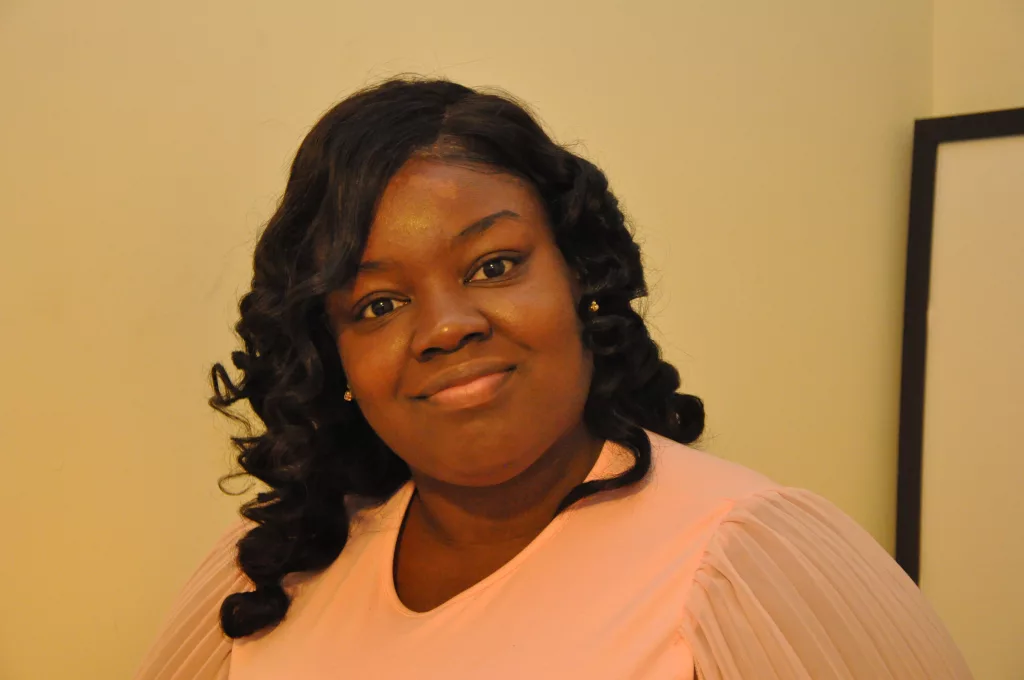
“Together, we can rewrite the narrative of childbirth and ensure that every mother receives the support and advocacy she deserves,” Ogbeni told Documented, noting that she has now worked with and assisted over 200 families.
One of those families that Ogbeni has profoundly impacted is ChrisAnn Williams-Lawrence and her husband, Daniel. They sought Ogbeni’s assistance after discovering they were expecting merely two months after moving to New York from Jamaica in November 2021.
At 26 years old, Williams-Lawrence struggled with feelings of uncertainty. She had no family support in New York and little of the cultural understanding she was accustomed to. Navigating the complexities of pregnancy in a new country, she felt overwhelmed by the multitude of medical terms and decisions that lay ahead.
A friend told Williams-Lawrence about the Family Nurse Partnership program which is where she was introduced to SOMI. During her pregnancy, the first-time mother received post and pre-birthing guidance every step of the way from Ogbeni, especially since Williams Lawrence’s husband was away in another state for work, and she didn’t have other nearby relatives to assist her.
Also Read: Christine Lewis Had Few Rights as a Nanny. She Decided to Fight for a Better System.
“You need people to advocate for you…I was new to this country and the lifestyle, so I didn’t know what questions to ask, what to do, or what to expect,” she said. “That’s how much I believe doulas are essential to advocating for mothers to encourage and help fulfill specific desires for Black mothers.”
Williams-Lawrence’s childbirth experience began as a normal and healthy pregnancy, but her trauma unfolded in the delivery room. Recounting the harrowing events, her emotions surged, reopening old wounds that had never fully healed. Each word she spoke unveiled the pain of her traumatic ordeal, highlighting the deep scars inflicted by a system she believed had failed her.
“It was one of the worst experiences of my life,” Williams-Lawrence said, her voice quivering with emotion.
Everything had been progressing well until her second trimester. But her distress peaked when healthcare providers at Queens General Hospital informed her of the need for a cesarean section but refused to call her doula for support, she said. After insisting that her doula be there to support her, the first-time mom says she had to make the call herself in order to get the support she needed.
“My experience before my doula came was so unprofessional; they were talking at me and not listening to my concerns. When my doula came, all of that instantly changed,” she explained.
Williams-Lawrence said she was disconnected and undervalued in the hospital, and she also noticed a concerning pattern where most of the Black women present underwent cesarean sections. Through the doula services offered by SOMI, Williams-Lawerence says she got the physical and emotional support she needed during and after her pregnancy, as well as the cultural understanding.
“I firmly believe every Black mother needs a doula for support and advocacy,” she said. “I couldn’t speak up for myself, but my doula was there, caring for me like I was her child. She explained everything to me, and that made all the difference.”
Williams-Lawrence delivered a healthy baby girl on April 20, 2022. Two years later, her doula is still by her side, providing support and guidance.
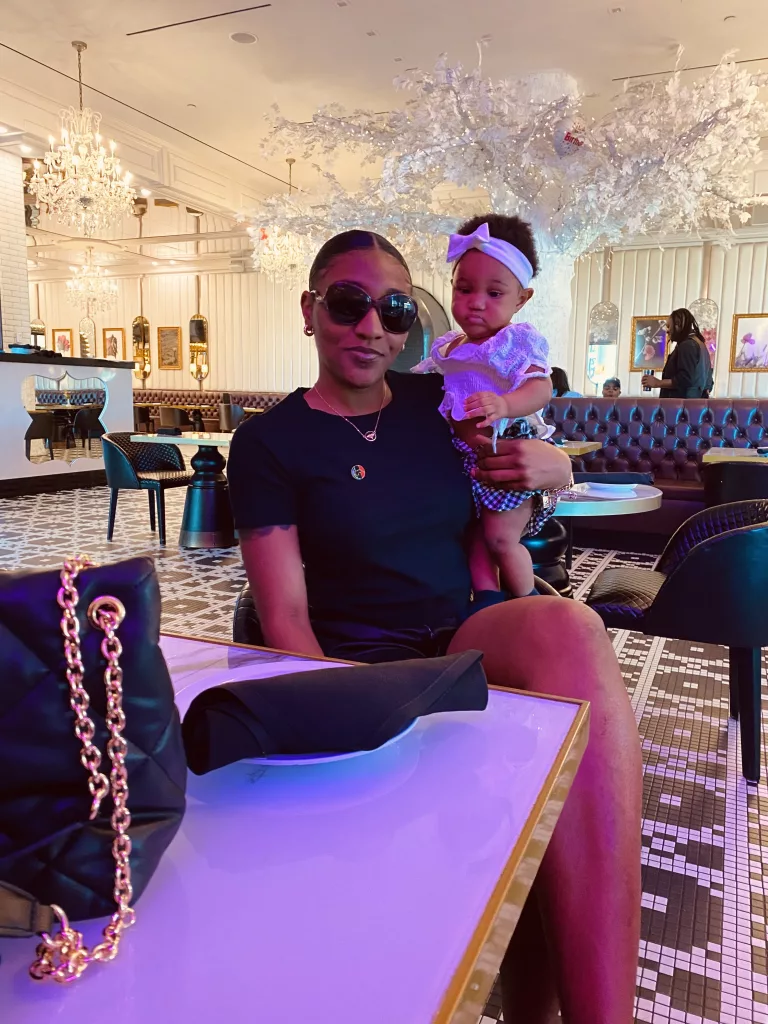
“Ms. Charline still checks up on us because what I went through is still traumatizing…I don’t know what I would have done without her; she was there for all my visits; if not in person, she was there on the phone asking the questions, so she became my baby translator.”
The mother-of-one says she is now determined to use her voice by speaking at public events, advocating for other moms, and calling for policy changes to prevent other Black women from enduring similar traumas in childbirth, saying, “This isn’t just about being Caribbean or cultural differences; it’s about skin tone.”
‘Inequitable care and systemic racism’
Williams-Lawrence’s experience echoes research from the National Institute of Health that finds the rate of cesarean sections among African American women — at 36.7 percent — is significantly higher than women of other races.
The New York State Health Department also acknowledged the disparities in care that impact the maternal health of Black women. In a statement shared with Documented, they emphasized their commitment to addressing the disparities with the help of doulas services.
Also Read: Haitian Medical Professionals Work Below Their Skill Level in the U.S
“The number of Black people who die of pregnancy-related complications is indicative of long-standing health disparities resulting from inequitable care and systemic racism,” they said in the statement. “Doula services are critical because they improve birth outcomes and provide families with emotional support during pregnancy, delivery, and following birth.”
In November 2023, New York Governor Kathy Hochul signed a law creating a New York State Medicaid Fee-for-Service Doula Directory and allocated $4.5 million to regional perinatal centers, which provide high-quality perinatal and infant care. As of March 1, New York State Medicaid began covering doula services for pregnant, birthing and postpartum mothers.
Mayor Eric Adams has also increased funding for maternal and infant health initiatives to $30 million per year, including the Citywide Doula Initiative (CDI) to expand access to no-cost doula services. Since its inception in 2022, the program has provided in-person and virtual doula support to 953 families. Participants who received support from the program had a lower rate of cesarean sections compared to the citywide average. Additionally, the level of preterm births among program participants was just 8% or 53 babies. The Adams administration has also set a goal of reducing Black maternal mortality by 10 percent by 2030.
Advocating for Maternal Health Rights
Creating a network of women advocating for women is why Nicole Deggins started the birth advocacy training and consulting agency Sista Midwife Productions (SMP) in 2013. Her goal was to provide crucial support to expectant mothers like ChrisAnn Williams-Lawrence, who may feel overwhelmed or lack familiar support systems during pregnancy.
“We live in a high-tech, low-touch culture right now, and when you are pregnant, that is a high-touch experience,” she said. “You need intimacy, not sexual intimacy but personal and emotional intimacy, and the doula helps provide that which helps to ease fears.”
Since its inception, SMP has trained over 600 individuals nationwide to become doulas, including six New Yorkers. Through Deggins’ dedication and expertise, SMP has equipped people from all walks of life with the knowledge and skills necessary to support families during childbirth, advocate for maternal health rights and address healthcare access and outcomes disparities.
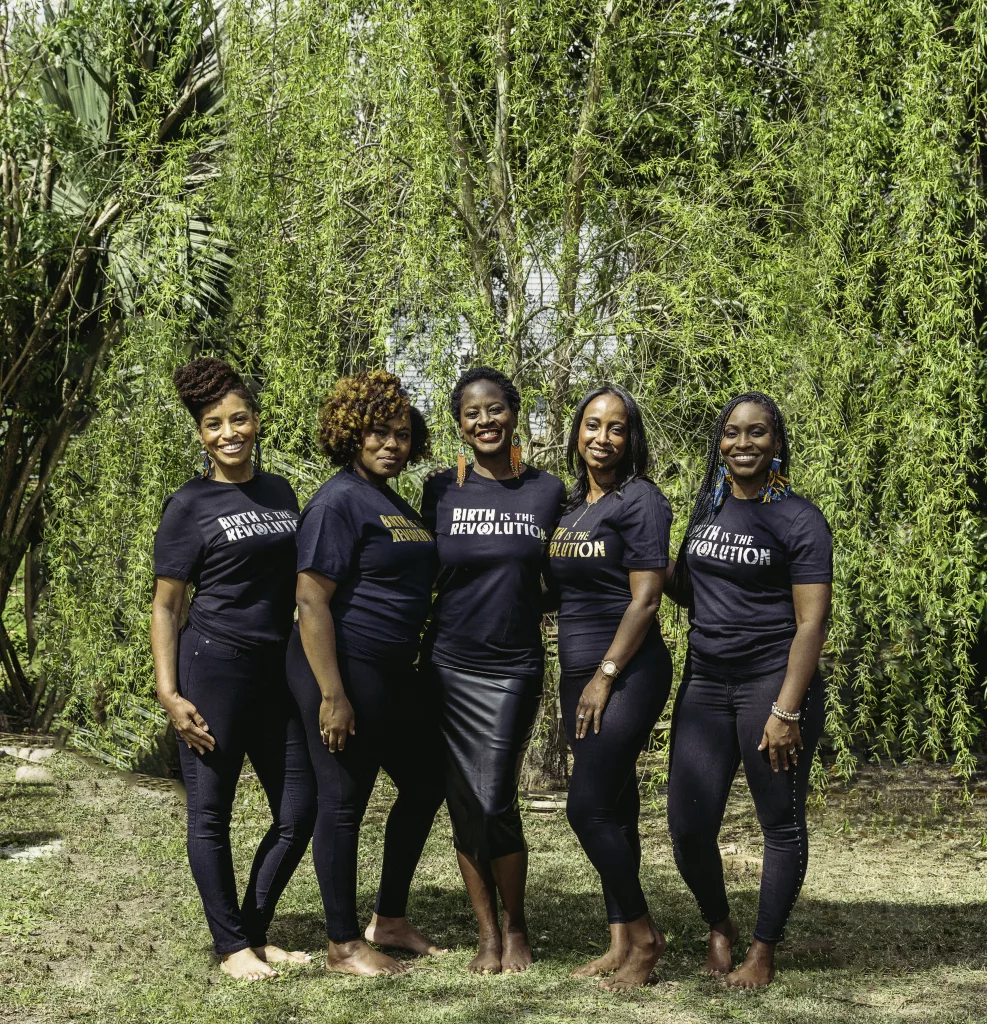
Notably, she pioneered the Sista Midwife Birth Sister training and the Louisiana Healthy Birth Ambassador perinatal community health worker training. Deggins has led the creation of the largest online Black midwife and doula directory.
Also Read: Spotlight on the Guyanese of New York City
“When you improve the life of a woman, you improve the life of her entire community,” she said. “When you take the doula training, what that means is that more women will have the information, and that’s how you break down the barriers.”
Ogbeni hopes that sharing her story will shed light on the systemic injustices affecting maternal healthcare and prompt concrete actions to address them. She emphasizes the importance of healthcare institutions prioritizing cultural competence, eradicating racial biases, and ensuring that all expectant mothers have equal access to doula services.
“Black pregnant women aren’t being heard,” Ogbeni said. “So, having a doula may be the only opportunity for you to be heard when you go to the hospital and help you make a more informed decision that could save you and your child’s life.”
